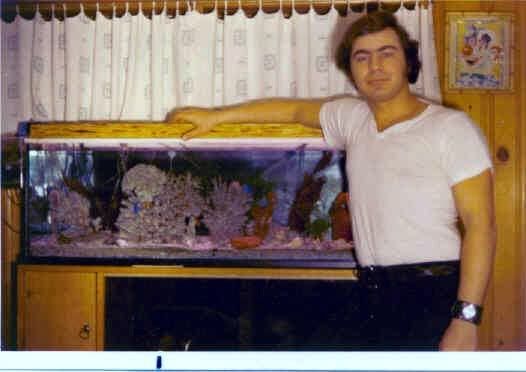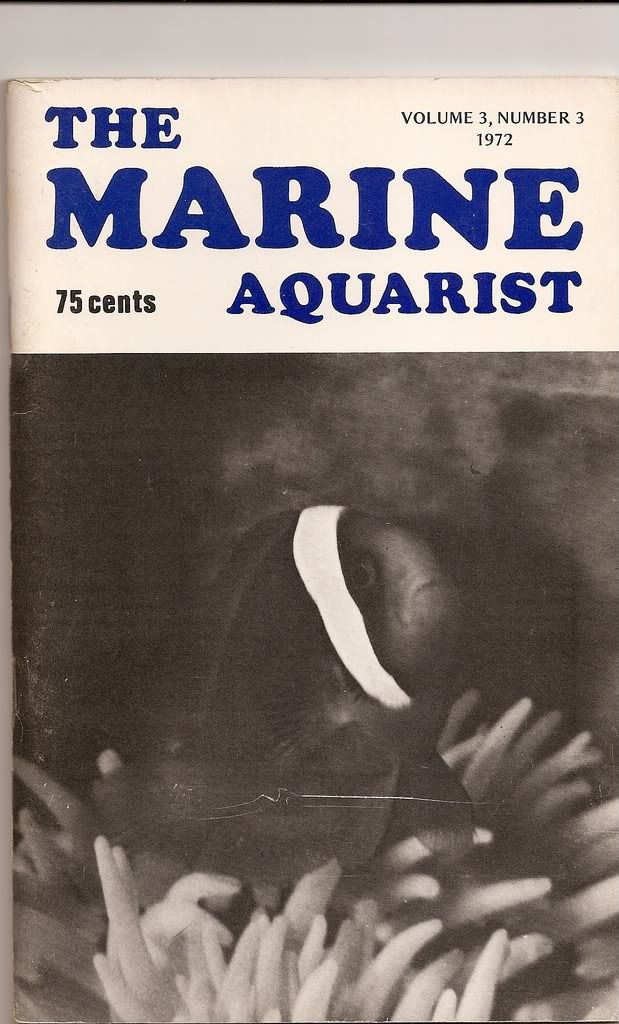Paul B
NJRC Member
I posted this someplace 5 years ago and figured I have nothing to say today except build things in my Man Cave so I am Re-Posting it again. If it contains anything not PC, irritating, racist, not ethical, unrealistic, argumentative, political, religious or anything else that is considered irritating to any living creature, please delete it fast.
These are only my opinions and in no way does Nancy Pelosi agree with them. I didn't ask her so maybe she does.
From 2014:
I have theories about just about everything and unfortunately, most of them are probably to radical, simple, inane, old school, or complicated for many people to understand, comprehend, agree with or even bother to read, so if you are one of "Those" people, don't read any further, just go and watch TV, I think there is a re run of the Opera show where she gives away Cadillac's to homeless cats.
Now I am far from the God of fish tanks, corals (SPS, LPS, leathers, suede's, velour's or velvet)
I am however the God of UG filters and maybe bald heads which I have always aspired to be famous for. In my many years of reading, diving and learning I have noticed a few things. Much, or most of what we do or want to do with regard to this hobby is either wrong, almost wrong or even dangerous, but what we can all agree on is that it is expensive. I will get to that as I feel it is a very cheap hobby. I just may be rich and this money is just a drop in the bucket or else I am poor, or to cheap to spend anything so I can feed my family. The truth is that I am neither, I am like most of us, in the middle, in the "fusion zone" as I like to refer to it as. I would also like to say imperically that I do not have the nicest tank on here, probably far from it, but it ain't to bad either
Continued below
These are only my opinions and in no way does Nancy Pelosi agree with them. I didn't ask her so maybe she does.
From 2014:
I have theories about just about everything and unfortunately, most of them are probably to radical, simple, inane, old school, or complicated for many people to understand, comprehend, agree with or even bother to read, so if you are one of "Those" people, don't read any further, just go and watch TV, I think there is a re run of the Opera show where she gives away Cadillac's to homeless cats.
Now I am far from the God of fish tanks, corals (SPS, LPS, leathers, suede's, velour's or velvet)
I am however the God of UG filters and maybe bald heads which I have always aspired to be famous for. In my many years of reading, diving and learning I have noticed a few things. Much, or most of what we do or want to do with regard to this hobby is either wrong, almost wrong or even dangerous, but what we can all agree on is that it is expensive. I will get to that as I feel it is a very cheap hobby. I just may be rich and this money is just a drop in the bucket or else I am poor, or to cheap to spend anything so I can feed my family. The truth is that I am neither, I am like most of us, in the middle, in the "fusion zone" as I like to refer to it as. I would also like to say imperically that I do not have the nicest tank on here, probably far from it, but it ain't to bad either
Continued below








